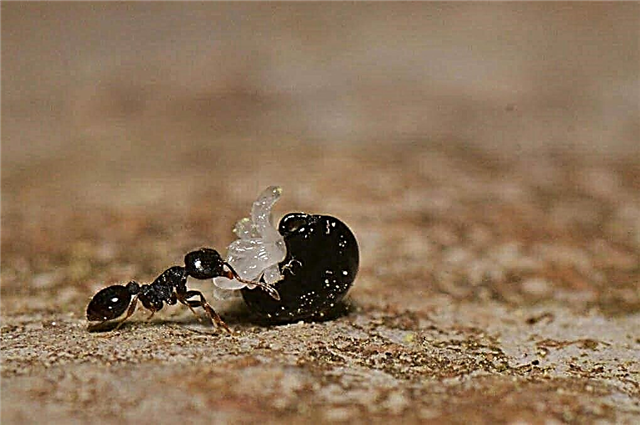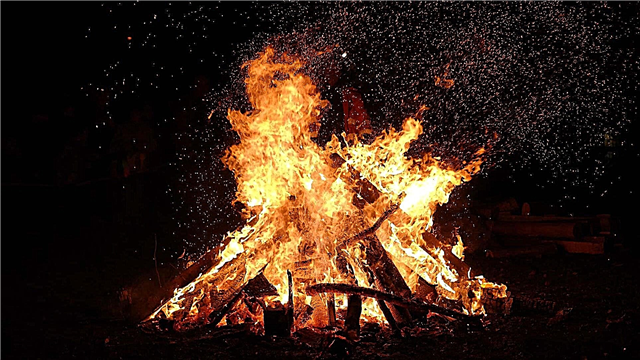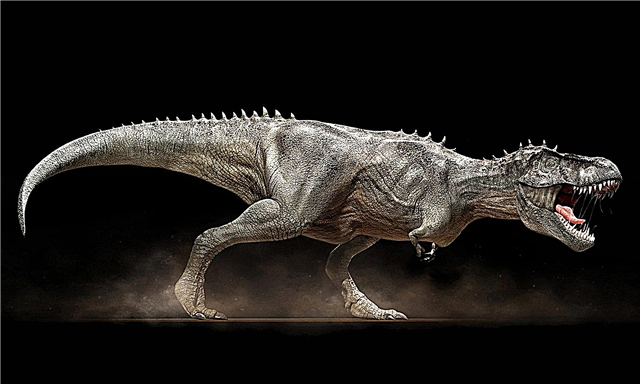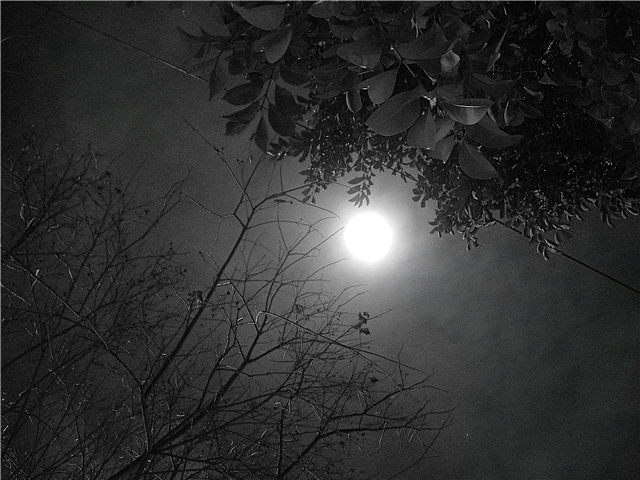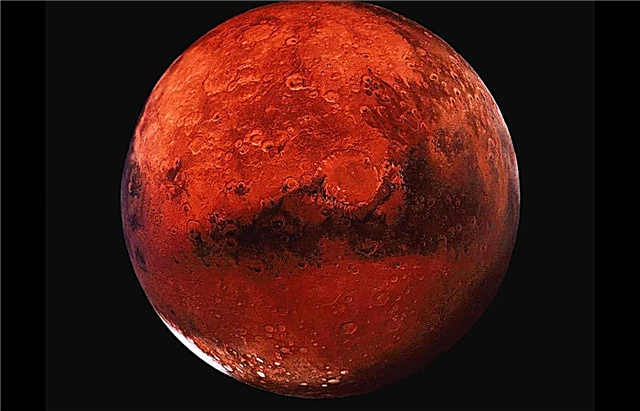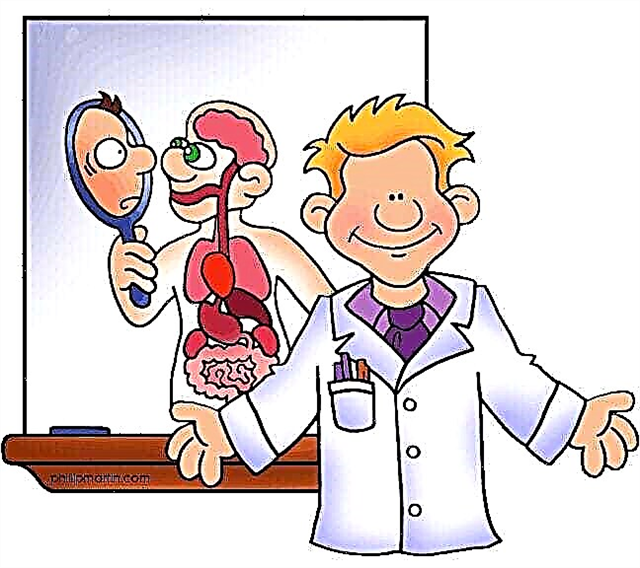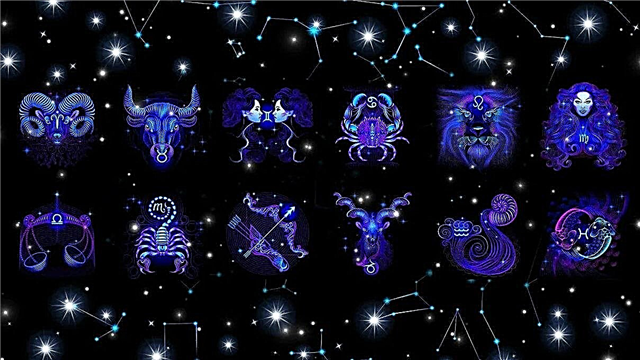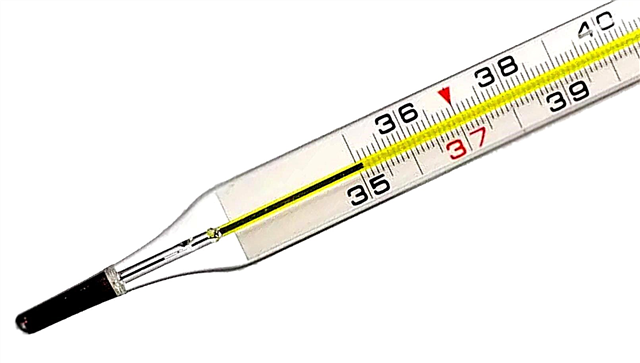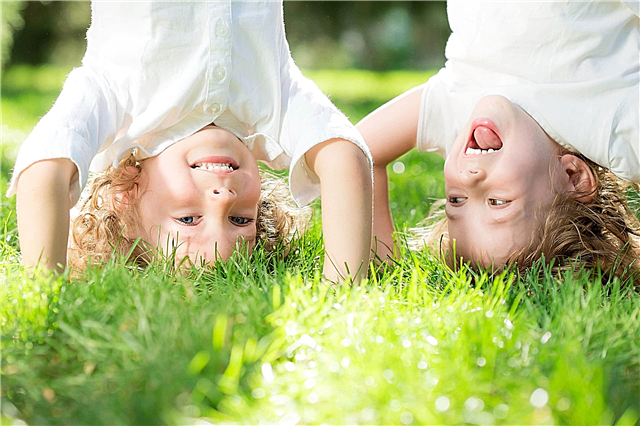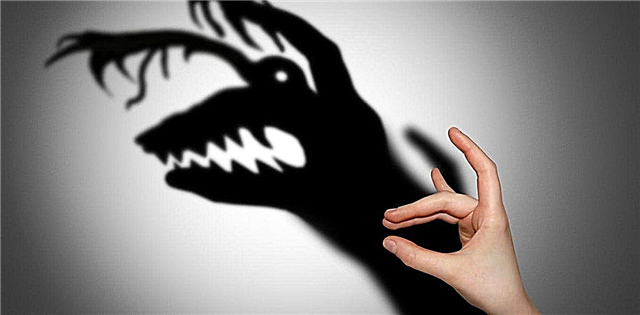
All pets who are not afraid of human hands love to be stroked. Starting to trust a person, almost any animal allows itself to be stroked and quickly gets used to affection, learns to even beg for it.
But why does it bring them such pleasure? Indeed, in nature, animals, as a rule, do not stroke each other and sometimes even exclude any touch to outsiders.
Childhood memories

As cubs, all animals are in close contact with their parents, at least with their mother. The mother not only feeds them, but also ensures cleanliness. Maintenance of hygiene, and even stimulation of digestion in young mammals is achieved by licking. The parent carefully tidies the kids with her tongue and does this several times a day.
The sensation of licking is remembered by cubs for a long time, often for life. It is associated with the presence of the mother, and therefore with safety, satiety.
Interesting fact: all babies can suffer from digestive problems, and the mother’s tongue relieves abdominal pain. Therefore, licking is also associated with comfort, peace.
The touch of a person’s hand and stroking is so reminiscent of a lick that it causes already matured animals rush of endorphinswhich are called hormones of happiness. Even if the memory of the mother has long been erased, the release of hormones is positive - not to mention the fact that stroking itself is also extremely pleasant. That is why cats and dogs love such touches so much, and often even ask for them.
Projecting an image of a mother on a person
People specifically chose animals that are more willing to make contact, respond better to touch, because communicating with them is easier and more pleasant. As an example, we can bring home the beloved of all domestic cats. They perceive strokes so well that children's instinct wakes up in them. Many cats and cats begin to stomp their paws when they are stroked. With these movements, kittens usually stimulate the production and release of milk from the mother.
Under the influence of such caresses and produced hormones, the pet can project the image of the mother on the person who strokes him. So the connection between the owner and the pet becomes even stronger, there is an attachment and love that lasts a lifetime.
In any case, the cat that is stroking the house will return to its household, and the dog, which is not deprived of affection, in any situation will rush to protect its owner. So stroking can play a huge role in the formation of the proper character and proper behavior of the pet.
Exceptions
Even large animals like a horse or a cow, for example, love affection and stroking. Tender attitude towards them also forms a stable relationship, and touch forms devotion. But birds this aspect does not apply. Yes, many domestic parrots, for example, calmly relate to the touch of people and even enjoy them, but there is no association with the image of the mother.

Everything is simple: birds do not lick their chicks, they clean their young with their beaks. And their memory is weaker, which excludes the formation of associations with periods of life that are already in the past.
Only mammals can truly enjoy human touch, and those of them who were either born home and have been in contact with a person since childhood, or were tamed in a timely and competent manner with the formation of full trust in a person.
Thus, pets love to be petted, as this causes them to associate with the touch of the mother. Cats, dogs and other animals lick their cubs to maintain cleanliness, and stroking a person most of all resemble just the touch of the mother tongue. If you pet your cat or dog, she knows that you love her and care about her, this gesture is accessible to the understanding of animals without any translation.

